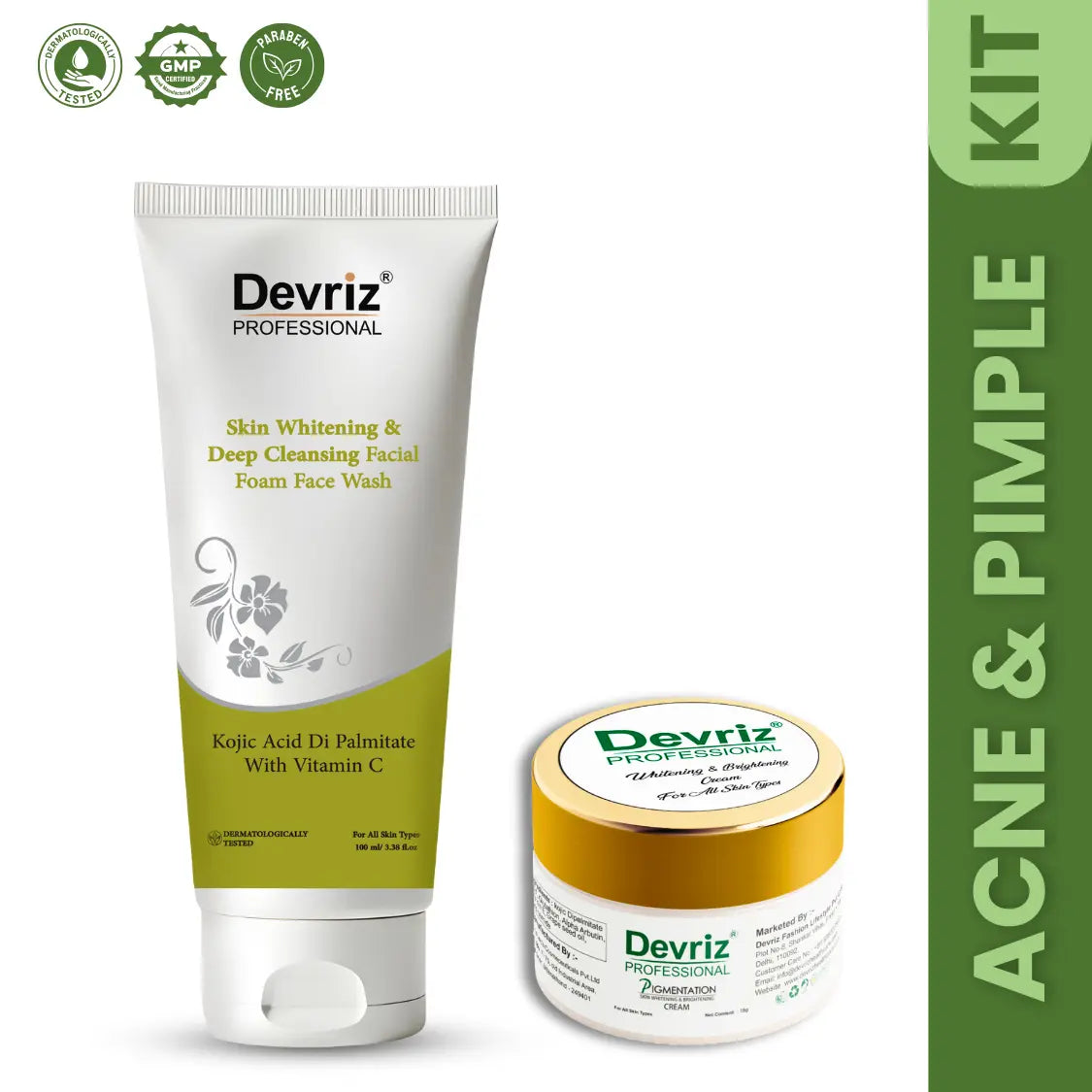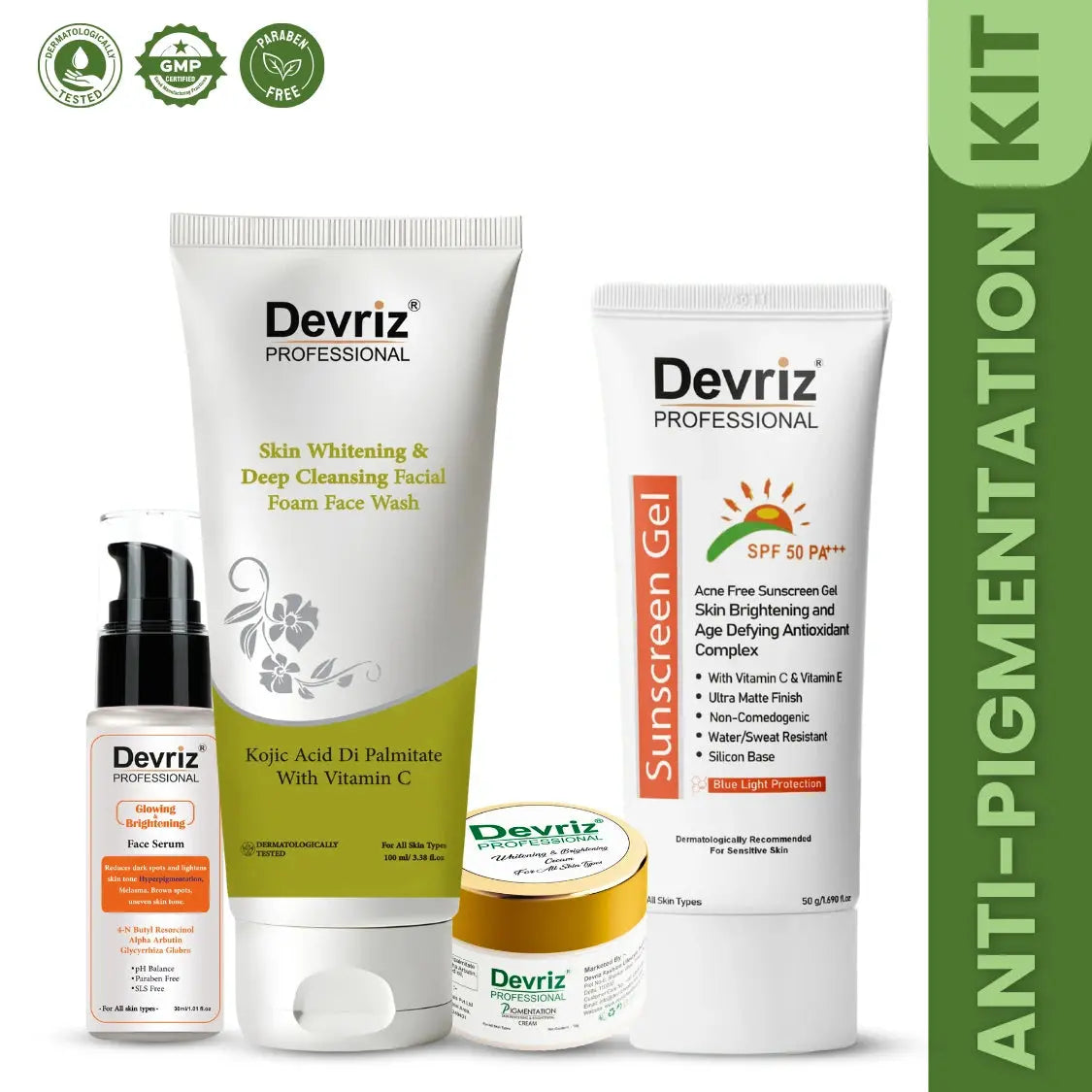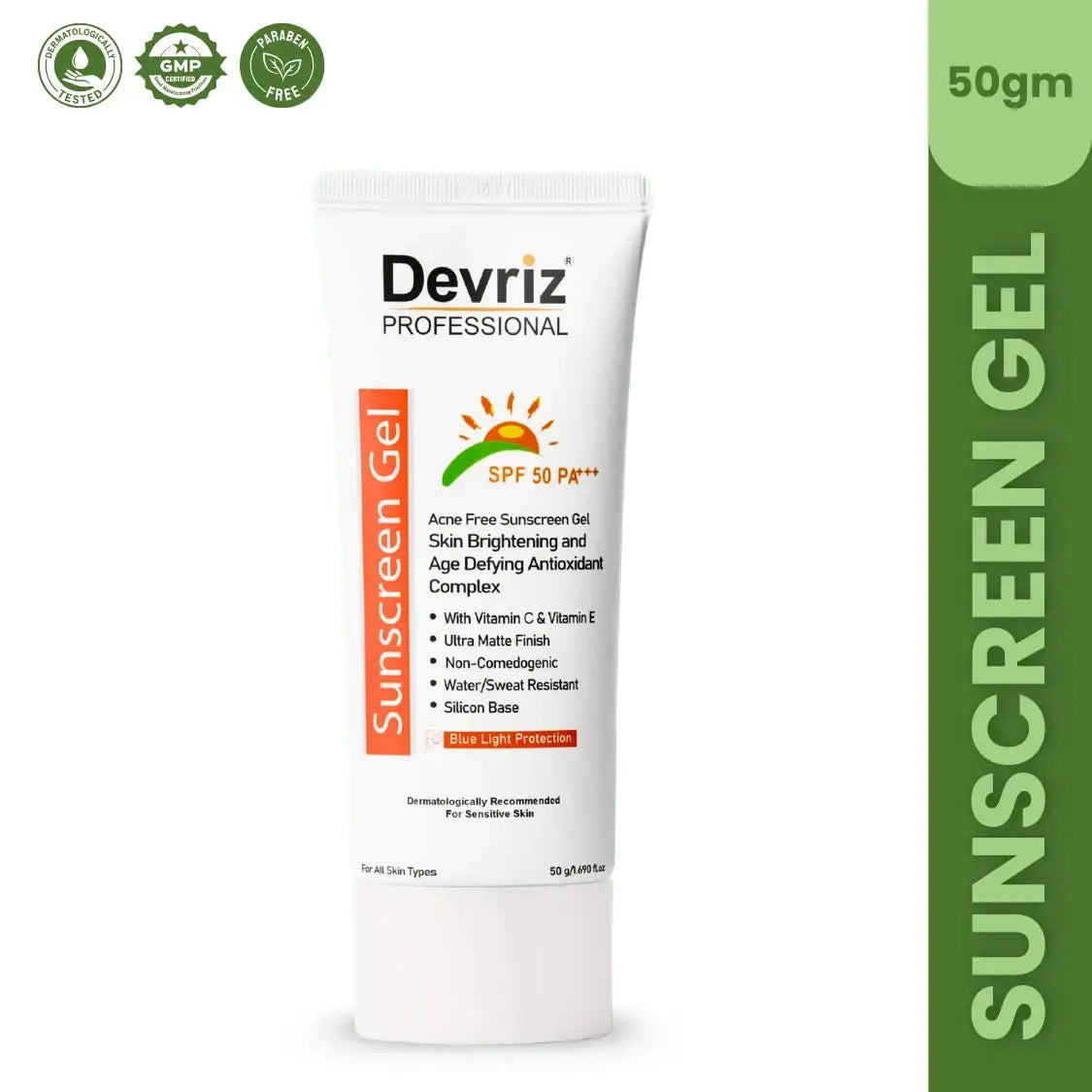
Introduction
Dark spots, also called hyperpigmentation, can be stubborn and persistent. Whether caused by acne scars, sun damage, or aging, they often make the skin appear dull and uneven. That’s where a dark spot corrector for face comes in. But with so many products and remedies out there, how do you choose the right one?
This comprehensive guide will walk you through the causes of dark spots, what to look for in a dark spot corrector for face, and the most effective ingredients and routines to fade those marks naturally and safely.
What Are Dark Spots?
Dark spots are patches of skin that appear darker than your natural tone. They’re usually the result of melanin overproduction, triggered by factors such as:
- Sun exposure
- Hormonal changes
- Post-inflammatory hyperpigmentation (from acne or injury)
- Skin aging
- Certain medications
While they’re not harmful, dark spots can impact confidence and overall skin tone. That’s why many turn to a dark spot corrector for face to reduce their appearance and restore an even complexion.

Why You Need a Dark Spot Corrector For Face
Dark spots don’t fade overnight. A dedicated dark spot corrector for face helps target pigmentation and supports your skin’s natural healing process. Here’s why having one in your routine matters:
- Targets melanin build-up to lighten dark patches
- Promotes cell turnover for brighter skin
- Boosts hydration to reduce dullness
- Prevents new spots with protective ingredients
- Evens out skin tone for a more radiant look
With regular use, the right dark spot corrector for face can help you achieve noticeable results.
Top Ingredients to Look For in a Dark Spot Corrector For Face
A good dark spot corrector for face usually combines skin-brightening agents, antioxidants, and hydrators. Here are the most effective ingredients to look out for:
1. Vitamin C
A powerful antioxidant that fades pigmentation, boosts collagen, and fights sun damage.
2. Niacinamide (Vitamin B3)
Reduces melanin transfer, improves skin barrier, and brightens uneven tone.
3. Alpha Arbutin
Naturally derived from plants, this ingredient reduces the appearance of dark spots without irritating the skin.
4. Kojic Acid
Blocks tyrosinase, the enzyme responsible for melanin production. Effective and safe for long-term use.
5. Licorice Root Extract
Contains glabridin, which helps reduce pigmentation while calming inflammation.
6. Lactic Acid
A gentle exfoliator that helps fade dark spots and promotes smoother skin.
7. Retinol
Boosts cell turnover and improves skin texture, but should be used carefully and not mixed with harsh exfoliants.
8. Azelaic Acid
Reduces inflammation and dark marks, often used in post-acne pigmentation treatments.

How to Use a Dark Spot Corrector For Face Effectively
To get the most out of your dark spot corrector for face, follow these steps:
- Cleanse your face thoroughly with a gentle, non-stripping cleanser.
- Apply toner if part of your routine.
- Use the corrector directly on dark spots or across your entire face, depending on the product.
- Follow with moisturizer to lock in hydration.
- Apply sunscreen daily, especially when using active ingredients like vitamin C or retinol.
Always read product instructions and introduce new actives gradually to avoid irritation.
How Long Does It Take To See Results?
Results vary depending on the severity of the pigmentation and the ingredients used in your dark spot corrector for face. Typically:
- Mild spots may begin to fade in 2–4 weeks
- Moderate pigmentation can take 6–8 weeks
- Deep or long-term spots may require 3+ months and consistent care
Patience and consistency are key. Avoid switching products too quickly and focus on gentle, long-term care.
Can You Combine a Dark Spot Corrector For Face With Natural Remedies?
Yes, many people combine their dark spot corrector for face with natural remedies to support healing. Some helpful additions include:
- Aloe vera: Soothes the skin and reduces inflammation
- Turmeric paste: Contains curcumin, which brightens and calms
- Potato juice: Naturally contains enzymes that lighten marks
- Lemon juice (with caution): Can exfoliate, but always follow with sunscreen
These can enhance your skincare routine when used safely and in moderation.
Prevention Tips: Keep Dark Spots From Coming Back
Using a dark spot corrector for face is important, but so is prevention. Here’s how to keep dark spots from recurring:
- Wear sunscreen daily (SPF 30 or higher)
- Avoid picking or squeezing pimples
- Use antioxidants in your daily routine
- Limit sun exposure between 10 AM and 4 PM
- Hydrate and eat a balanced, antioxidant-rich diet
At Devriz Healthcare, we believe in treating skin from the inside out. Preventative care paired with targeted products can make all the difference in achieving and maintaining a clear complexion.

Are Dark Spot Correctors Safe for All Skin Types?
Most dark spot correctors for face are safe, but it depends on the formulation. If you have:
- Sensitive skin: Choose products with gentle ingredients like niacinamide and licorice extract
- Oily or acne-prone skin: Look for non-comedogenic, oil-free formulations
- Dry skin: Seek hydrating correctors with hyaluronic acid or ceramides
- Combination skin: Balance your routine with actives and hydrating ingredients
Always perform a patch test and consult a dermatologist if unsure.
Frequently Asked Questions (FAQs)
1. How often should I use a dark spot corrector for face?
Once or twice a day, depending on the product instructions and your skin’s sensitivity.
2. Is sunscreen necessary when using dark spot correctors?
Yes. Sunscreen is crucial to prevent further pigmentation and protect your skin.
3. Can I use a dark spot corrector with retinol?
Yes, but introduce them gradually and never mix high-strength actives without professional guidance.
4. How do I know if the corrector is working?
Look for reduced discoloration, brighter tone, and fewer new dark spots over time.
5. Are dark spot correctors safe during pregnancy?
Some are, but always consult your doctor before starting any new skincare regimen.
6. Can teenagers use these products?
Yes, especially if pigmentation is due to acne. Choose gentle, age-appropriate ingredients.
7. Will my skin become lighter overall?
A corrector evens out your tone—it won’t bleach or lighten your natural skin color.
8. Can men use dark spot correctors?
Absolutely. Skincare is for everyone, regardless of gender.
9. Are drugstore correctors effective?
Some are. Focus on ingredients and brand reputation rather than just the price tag.
10. Do I need a prescription?
Most dark spot correctors for face are available over the counter. However, deeper pigmentation may require prescription solutions.
Final Thoughts
When it comes to clearer, healthier-looking skin, consistency is more important than speed. Choosing the right dark spot corrector for face, understanding how it works, and pairing it with daily sun protection and skincare hygiene can give your skin the fresh start it deserves.
Many people struggle with pigmentation at some point. With a combination of good habits and targeted products, you can reduce the appearance of dark spots naturally and safely.
At Devriz Healthcare, we support skin health through education, clean practices, and thoughtful routines—not shortcuts. Whether you're just starting your journey or looking to upgrade your skincare strategy, let your commitment to clarity shine through.





